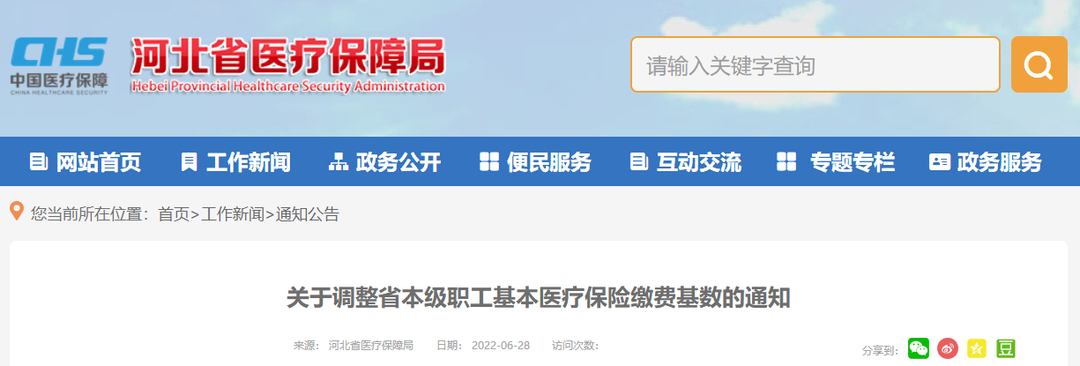With the case of the case | Only the transfer voucher, can it be determined that the loan relationship is established?
Author:Chinese law Time:2022.09.12
Most of the private lending occurred between relatives and friends such as relatives and friends. Based on trust, the two parties often just agreed with verbal, without written debit. This leads to the normalization of online payment methods such as WeChat and Alipay, it is easier to leave transfer vouchers, but it is difficult to prove that borrowing loan is difficult. If there is only a transfer voucher from financial institutions and no debit, can it be determined that the borrowing relationship is established? Let's take a look at the judgment results of different situations.
Case number one
Cao Mou and Zhou Mou's neighbor in a community, Cao submitted him to transfer 42,000 yuan to Zhou Mou's transfer voucher through the Industrial and Commercial Bank of China, and asked Zhou Mou to repay the arrears of the arrears, sued the Huaiyin Court, and asked Zhou Moumou to order Zhou Moumou Repay the arrears. In this regard, Zhou was argued that Cao had paid the payment to the purchase of health products, but did not submit exact evidence to prove that there was a trading relationship between the goods between the two parties.

The Huaiyin Court held that Cao lent the funds to Zhou through a bank transfer method and urged Zhou to ask for money through WeChat. Zhou argued that the transfer of the transfer department was based on the comprehensive analysis of the proof of the two parties, the trading habits, and the WeChat chat history, and Zhou argued that the facts of the payment did not exist. According to Article 16 of the "Supreme People's Court on the Application of Laws on the Application of Civil Loan Cases", after the plaintiff provides preliminary proof of the borrowing claim, the defendant's argument that the non -borrowing shall provide a corresponding certificate. It is proved that the adverse consequences should be undertaken.
In the end, Huaiyin Court ruled that Zhou repaid Zhou's borrowing 42,000 yuan within ten days from the date of effectiveness. After the verdict was made, Zhou appealed, and the Jinan Intermediate Court maintained the first trial judgment.
Case 2
Xu sued the Huaiyin Court and requested that he ordered Shi Mou to repay 200,000 yuan in arrears, and only submitted him to transfer 200,000 yuan to Shimou to Shimou by China Agricultural Bank of China.
During the trial, Shi Mou argued that the amount was the arrears that the third party commissioned Xu Mou to repay it. The court found that Xu Mou, Shi Mou, and Xiangmou had partnerships to do business. After Shi Mou withdrew from partnership, and now he and Xiangmou still do business in partnership. Shi Mou submitted the evidence of 200,000 yuan to lend Xiangmou, and submitted a WeChat chat record, showing that Xiangmou promised to repay before December 20, 2021, and Xu Mou transferred to Shimou 200,000 yuan. On the 18th, on December 19 of the same year, Xiangmou WeChat informed Shi Mou "the money was playing for you." Xu did not recognize the evidence submitted by Shi Mou, but did not submit more evidence to prove that there was a borrowing intention between the two parties.

Huaiyin Court believes that Xu only claimed that there was a loan relationship with Shi Mou in accordance with the bank transfer voucher, and Shi Mou denied it and submitted relevant evidence. According to Article 16 of the "Supreme People's Court on the Application of Laws on the Application of Civil Loan Cases", in this case, Xu should further provide evidence to prove that the loan relationship is established. Because Xu did not submit the evidence, he should bear it. Corresponding adverse consequences.
In the end, Huaiyin Court decided to reject Xu's claim. Xu's appeal, and the Jinan Intermediate People's Court maintained a first trial judgment.
Judge
There are two requirements for the establishment of private loans: one is that the two parties have a loan convergence, and most of them use the debit as the carrier; the other is that the lender has actually provided funds to the borrower. Both requirements need to provide evidence to prove it. As long as any of the constituent elements lacks evidence proves, it will face the uncertainty of the facts of borrowing. In a litigation case with only transfer vouchers and lack of loan -loan's proof, whether the borrowing relationship can be established depends on the effectiveness and rationality of the defendant's defense. It has adverse consequences; if the defendant proposes to defense but fails to provide evidence, the defendant shall bear the risk of losing the lawsuit.
Therefore, when borrowing funds, the lender should not only retain the transfer voucher, but also clearly stated that the loan consensus is clearly stated that the relevant evidence is fixed to the method of providing a debit, requesting guarantee, and seeking third -party testimony to avoid disputes in the future.
Law link
Article 16 of the "Supreme People's Court on Several Issues of Application of Laws on Civil Loan Cases"
The plaintiff filed a civil lending lawsuit based on the transfer voucher of the financial institution. If the defendant's defense of the transfer of the transfer or other debts of the two parties should provide evidence to provide evidence for it. After the defendant provided the corresponding evidence to prove its claim, the plaintiff should still bear the responsibility for the establishment of a loan relationship.
Source: People's Court of Huaiyin District, Jinan City
- END -
deal!From July 1st, official adjustment!

A few days ago, the website of the Hebei Medical Security Bureau issued the latest...
Battle of the train leader Wang Hongyun's "epidemic" journey

Pomegranate/Xinjiang Daily (Reporter Ma Bei reported) At 13:30 on September 8th, U...